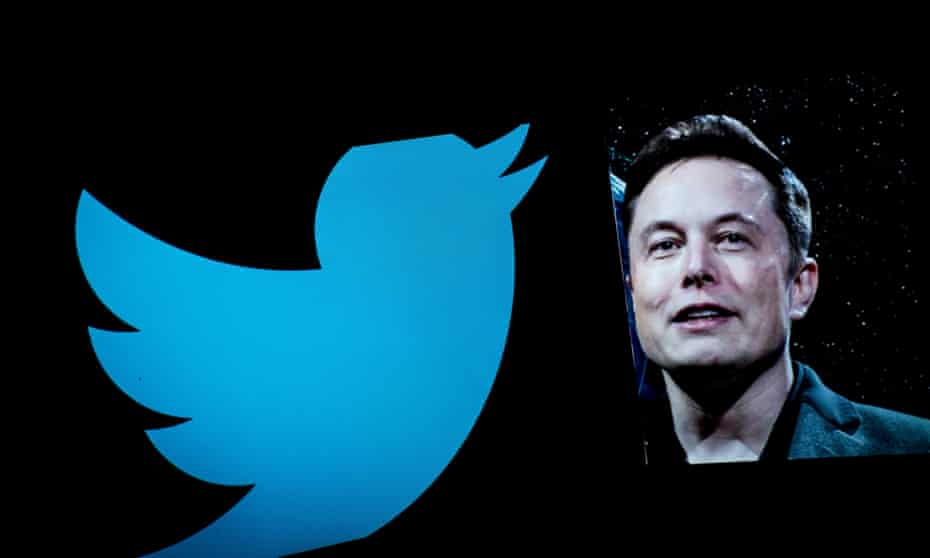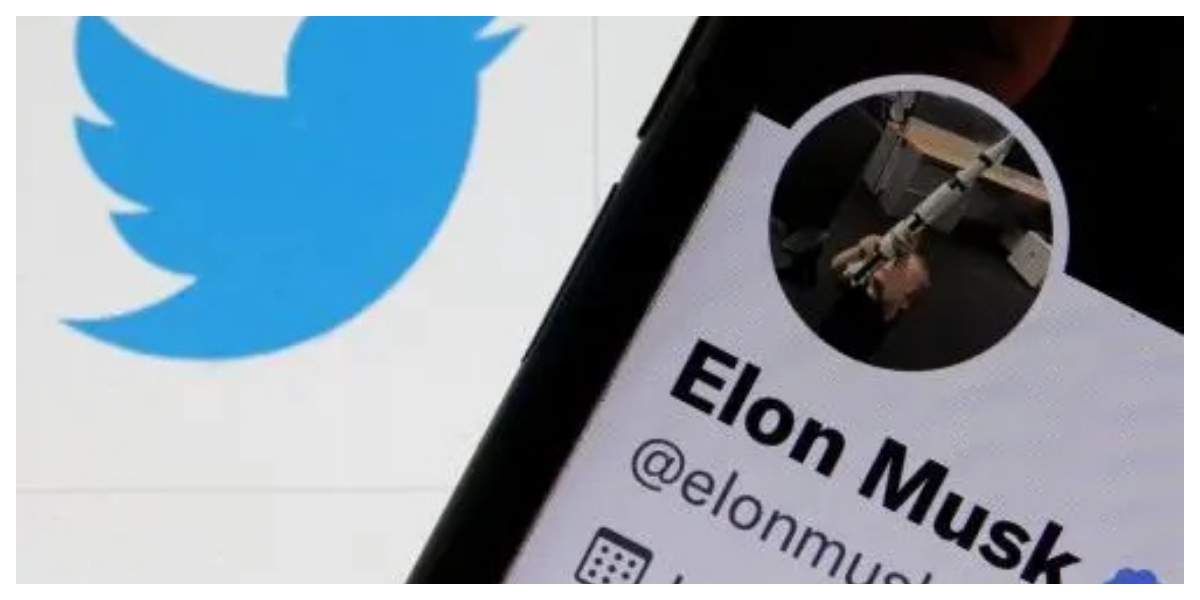Elon Musk has cast additional doubt over his $44bn (£35bn) takeover of Twitter after stating the deal “cannot circulate ahead” till the social media agency proves that less than 5% of its users are fake or spam bills.
The Tesla leader govt used his Twitter account to say the agreed deal might not progress till the company showed proof that best a small share of its users had been faux.
“My offer was based on Twitter’s SEC filings being accurate. Yesterday, Twitter’s CEO publicly refused to show proof of <5%. This deal cannot move forward until he does.”
Twitter said inside hours of Musk’s state-of-the-art tweet that it remained dedicated to the deal because it filed new information about the transaction with the American monetary regulator, the Securities and Exchange Commission. “Twitter is committed to completing the transaction on the agreed price and terms as promptly as practicable,” the company said.

Musk announced last week that the deal become “on hold” after he queried Twitter’s claim in SEC filings that a small proportion of its users were fake or spam.
The Twitter leader govt, Parag Agrawal, attempted to address Musk’s concerns in a lengthy tweet thread on Monday but his efforts to provide an explanation for the trouble “with the benefit of statistics, records, and context” have been met with a poo emoji from the sector’s richest character.
Musk’s trendy tweet will upload to the hypothesis that he’s preparing to stroll far from the deal, which could trigger a $1bn spoil rate payable to Twitter, or try to strike a brand new takeover agreement at a fee decrease than the agreed $54.20 a percentage.
Twitter stocks, which have been laid low with speculation that the deal would possibly founder, were trading at $37.39 on Tuesday.
Fake or unsolicited mail accounts, known as bot accounts, are computerized and no longer run through human customers. They may also use the reply feature or direct messages to send advertisements or scams to users or represent attempts to influence public discourse by tweeting political propaganda.
Other faux money owed exists merely to boost the metrics of character users, who should buy followers, likes, and retweets from bot dealers who control lots or tens of millions of faux debts. Because additionally, they inflate Twitter’s everyday person numbers – 229m currently – additionally they pose a risk to the organization’s advertising revenue, which money owed for 90% of its income. However, Twitter has always made clear in its quarterly statements in view that 2014 that it estimates its unsolicited mail account hassle to represent much less than 5% of its customers.
Agrawal responded to Musk’s issues publicly on Monday with a lengthy thread in which he explained the agency’s method. Agrawal defined that tackling automatic unsolicited mail money owed becomes a “dynamic” process that required combating “state-of-the-art and hard to trap” actors. He introduced that some debts that had the traits of spam money owed were in truth operated by using actual people.
“The hard challenge is that many accounts which look fake superficially are actually real people. And some of the spam accounts which are actually the most dangerous – and cause the most harm to our users – can look totally legitimate on the surface,” he wrote.
He introduced that estimating Twitter’s faux account numbers couldn’t be carried out externally due to the fact the procedure required to getting admission to sensitive facts inclusive of IP addresses and speaking to numbers.
On Monday, Musk advised he may want to be searching to pay a decreased charge for Twitter because of the problem of the faux account. Speaking simply at a conference in Miami, he said reducing his agreed $54.20 a proportion provide might no longer be “out of the query”. However, the phrases of Musk’s takeover agreement with Twitter gave him only limited room for maneuver, criminal experts said.
… we have a small favor to ask. Millions are turning to the Guardian for open, independent, quality news every day, and readers in 180 countries around the world now support us financially.
We believe everyone deserves access to information that’s grounded in science and truth, and analysis rooted in authority and integrity. That’s why we made a different choice: to keep our reporting open for all readers, regardless of where they live or what they can afford to pay. This means more people can be better informed, united, and inspired to take meaningful action.
In these perilous times, a truth-seeking global news organization like the Guardian is essential. We have no shareholders or billionaire owners, meaning our journalism is free from commercial and political influence – this makes us different. When it’s never been more important, our independence allows us to fearlessly investigate, challenge and expose those in power.

















